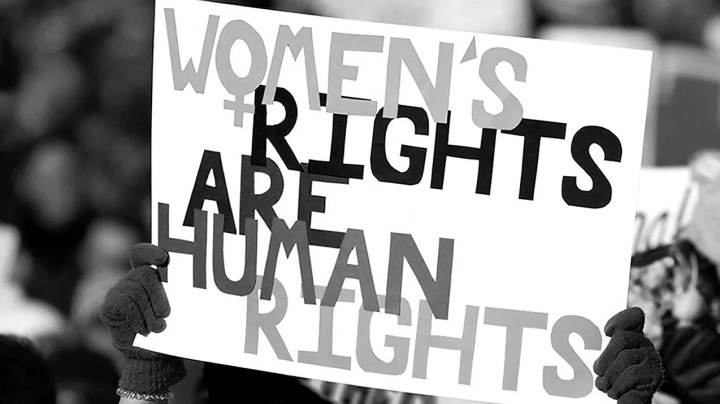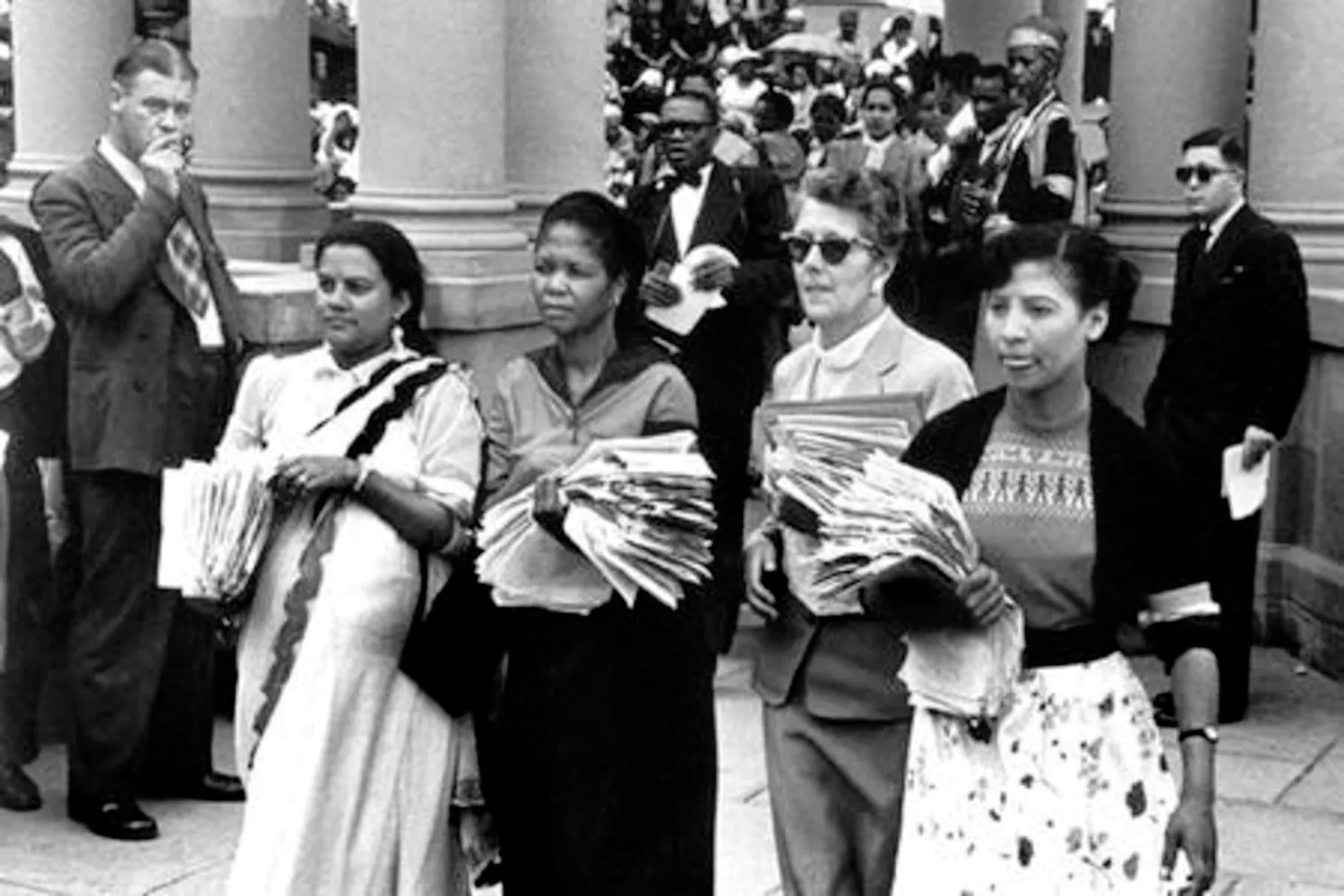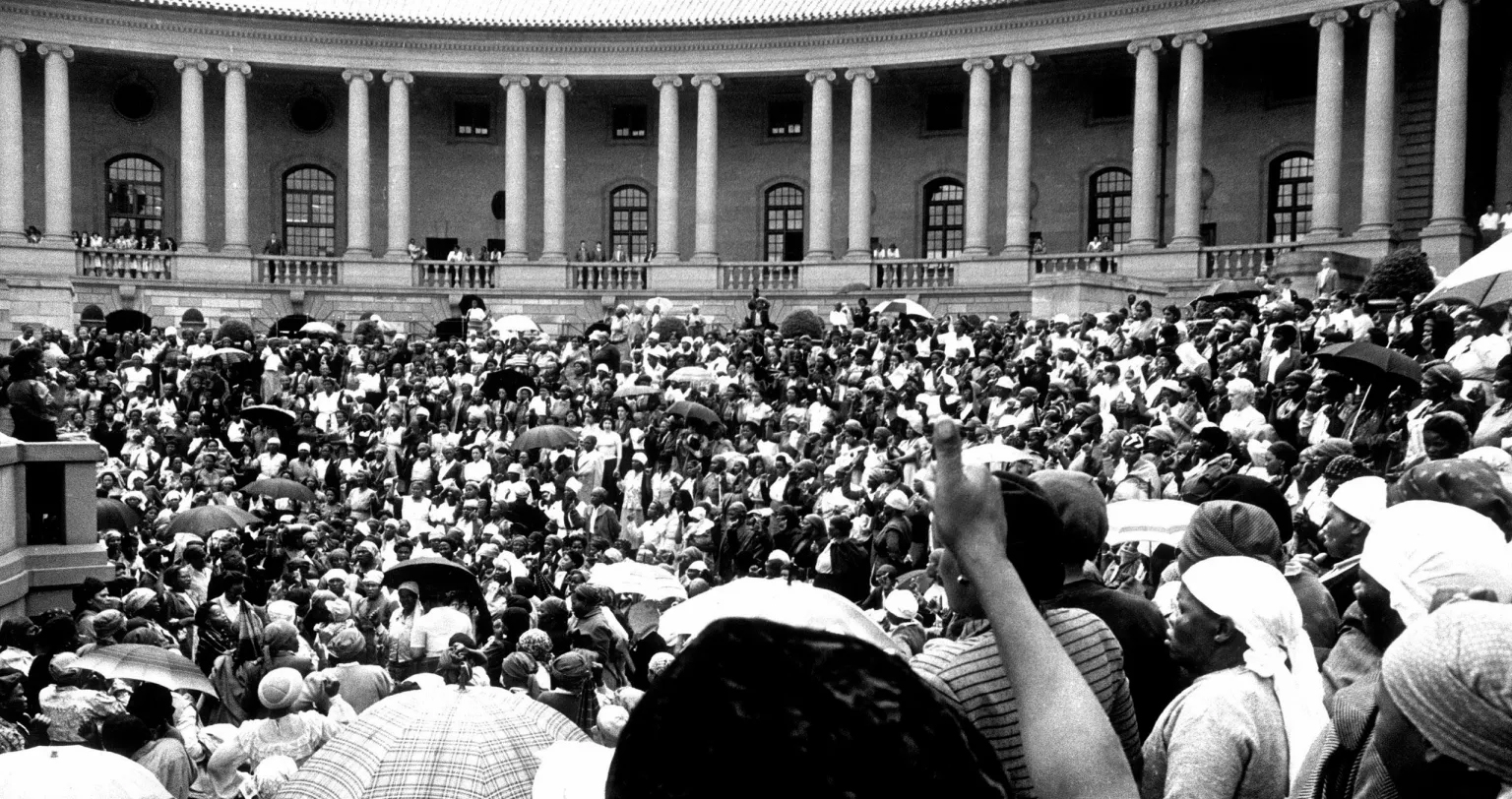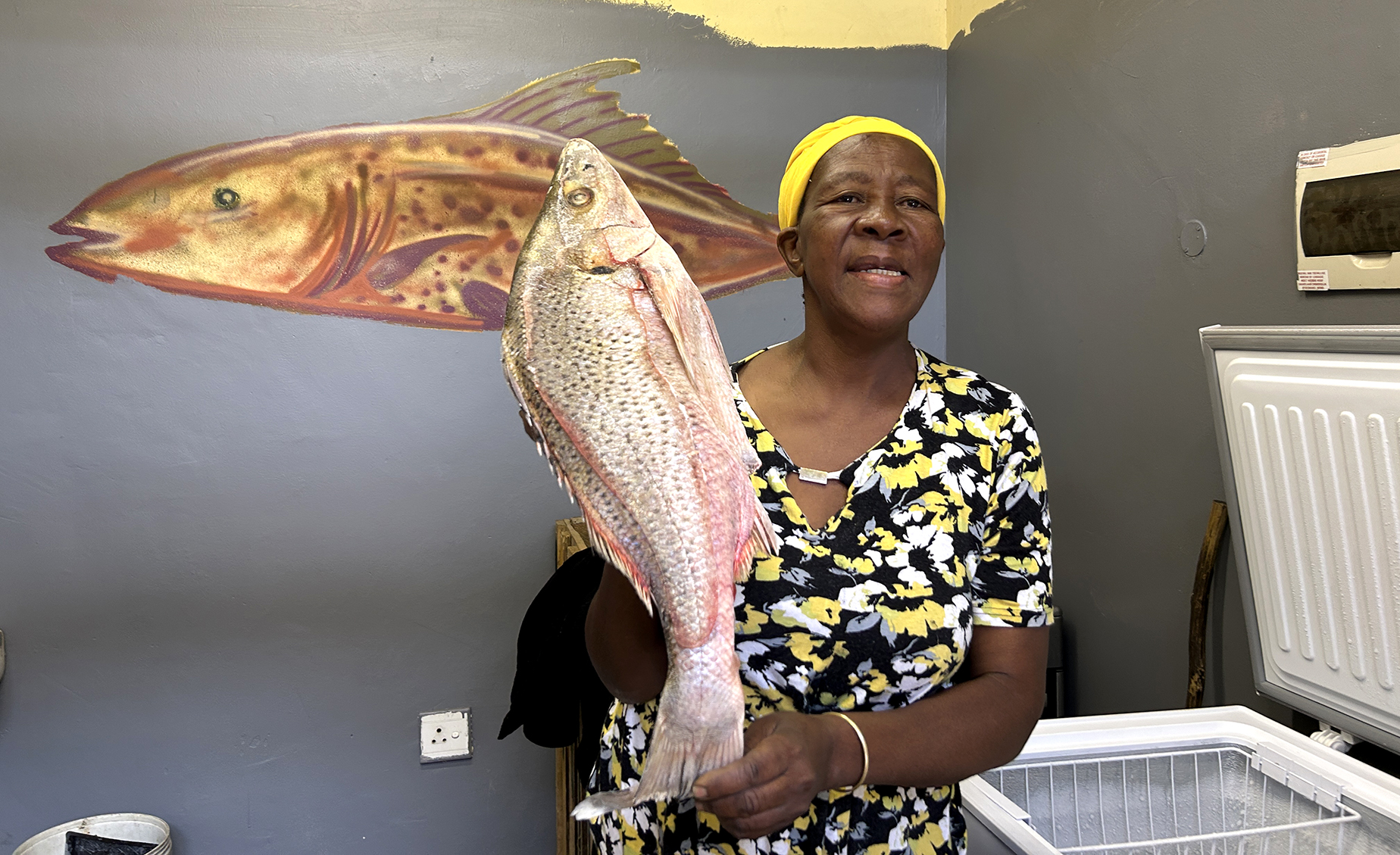TUESDAY EDITORIAL
Hard road to empowerment – 286 years is too long to wait for equality among the genders

The struggle for women’s rights is one that is as complex as it is a simple matter of recognising that all women, regardless of class, race, sexual orientation or geographical location, are entitled to their full complement of rights. The fate of our society quite literally relies on the thriving of women as this is a measure of the realisation and equal enjoyment of our universal human rights and progression as humanity.
On 9 August 1956, 20,000 brave women of all races marched to the Union Buildings in Pretoria in protest against the unjust pass laws that required black, Indian and coloured women to carry a dompas. Many may not know that the term “wathinta abafazi wathinta imbokodo” (“you strike a woman, you strike a rock”) comes from the 1956 protest which was meant to signify the strength and capacity for resistance against repression women have and displayed all through the struggle for liberation. The march was led by liberation icons Lilian Ngoyi, Rahima Moosa, Helen Joseph and Sophie de Bruyn and showed that women had their own agency and were capable of effective political participation. The day was subsequently declared Women’s Day in 1995 to recognise the gains of 1956 but also the struggle for women’s rights and empowerment.
In 2015, member states of the United Nations, in their wisdom, pegged the realisation of women and girls’ emancipation and human rights as sustainable development goal number 5 out of the 17 UN sustainability goals, and set the date of 2030 for the world to achieve this, stating: “Gender equality is not only a fundamental human right, but a necessary foundation for a peaceful, prosperous and sustainable world.”

Rahima Moosa, Lilian Ngoyi, Helen Joseph and Sophia Williams led the 1956 Women’s March to the Union Buildings in Pretoria, carrying stacks of petitions to present to the government. (Photo: 2022 Church of Scientology International)

August 1956: The Women’s March to the Union Buildings in Pretoria against racist pass laws. (Photo: Gallo Images / Johncom)
However, a review of the progress shows that there has been regression, and that “at the current rate of progress, it will take another 286 years to reform legal frameworks to promote, enforce and monitor gender equality in public life”.
The gender gap statistics in South Africa show that “gender disparity in South Africa is highest in political empowerment, followed by economic participation and opportunity. Although women in the country secured around 46% of the seats in the National Assembly, they were still underrepresented in decision-making occupations. For example, men had higher chances of becoming an employer or landing a job as a manager. In the second quarter of 2022, men occupied over 67% of the total managerial roles in the country. Similarly, of 806,000 employers, almost 650,000 were men. Furthermore, some 45.2% of South African men worked in 2021 compared to only 34.6% of women.”

Gender disparity in South Africa is highest in political empowerment, followed by economic participation and opportunity. (Photo: iStock)
Statistics SA further found that when it compares the monthly earnings between genders, women earned 34% less than men and that 64,7% of South Africans believed that women earning more than their partners would almost certainly cause trouble. This was none more evident than in our national women’s football team Banyana Banyana’s row with the South African Football Association.
Read more in Daily Maverick: Safa shenanigans dull Banyana Banyana’s shine in World Cup build-up
While people like to think that sports are apolitical, Banyana showed that this is not so and that there are various sites of struggle for women’s rights and the heroes within this struggle are varied. Women having been historically excluded from sports, and when included, underresourced and underpaid. Banyana brought this continuing battle to the foreground. Shortly after the Banyana row, Fifa, together with UN Women, issued a statement saying they were coming together during the World Cup to “advance gender equality in football, and to prevent abuse and discrimination on and off the field”.
What the women of 1956, Banyana Banyana and mam’ Thoko show is that women have agency and can chart their own path to empowerment.
In the rural KwaZulu-Natal village of Kosi Bay, mam’ Thoko, a small-scale fisher, is another example of a woman who is championing the rights of her community to make a living through small-scale fishing and selling. Every day she wakes up in the early hours and walks several arduous kilometres that even a car would have difficulty enduring, to fish and bring back to the market to sell.

Mam’ Thoko shows a Spotted Grunter, one of the fish she caught to sell from her shop at the Kosi Bay market in Kwa-Zulu-Natal. (Photo: Zukiswa Pikoli)
Seeing how her community was struggling, she decided to share her skills, which she says have always been in her family, and start a co-op to help other women in her community gain an income. “Fishing is what put all my children through school. My son even went all the way to the University of Cape Town because of the money I made from fishing,” says mam’ Thoko. Today she has inspired many women in Kosi Bay to be able to provide for themselves and their families.
These are deliberate examples that highlight that all women’s empowerment stories and sites of struggle, historical and in the present day, are important and are an attempt to wrestle away that Women’s Day be reduced to issues of victimhood, as though women do not exist outside of this prism. What the women of 1956, Banyana Banyana and mam’ Thoko show is that women have agency and can chart their own path to empowerment.
In effect, Women’s Day should be used as an opportunity to look towards the kind of future and society that recognises the efforts and value of all women and does not exceptionalise them. The government’s theme this year for Women’s Day is “Women’s Socio-Economic Rights and Empowerment: Building Back Better for Women’s Improved Resilience”. While it may be well intentioned, it may be a bit of a misnomer as the understanding with the pursuit of equality among the genders is that the patriarchal system is a disempowering one. We cannot be “building back” or encouraging women to be “resilient” within an unjust system. What we need to do is work towards a different and empowering society of equals that won’t take 286 years to achieve. DM


















Comments - Please login in order to comment.